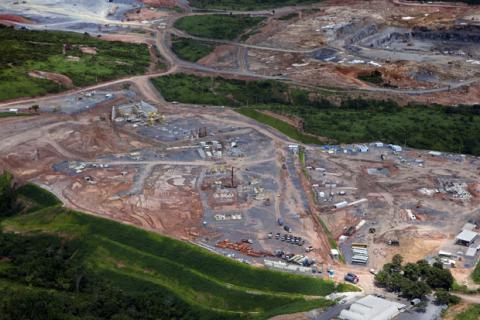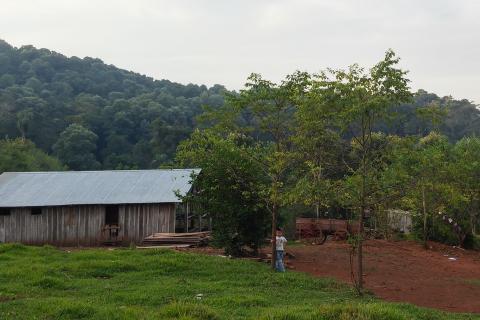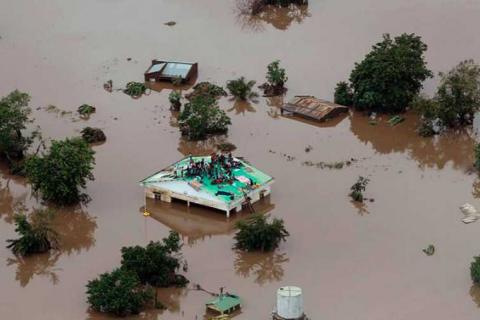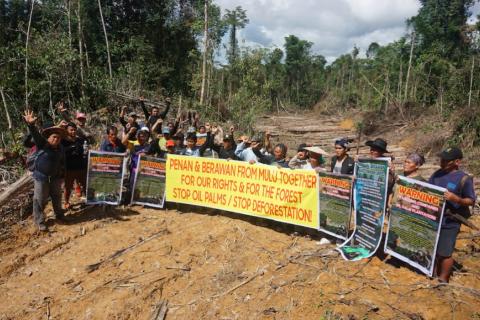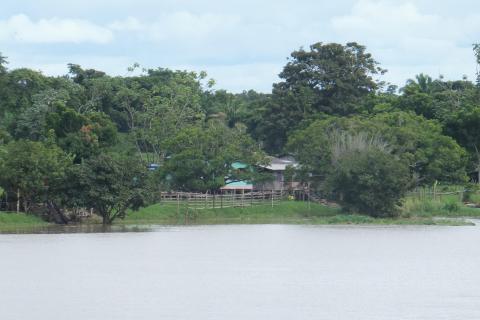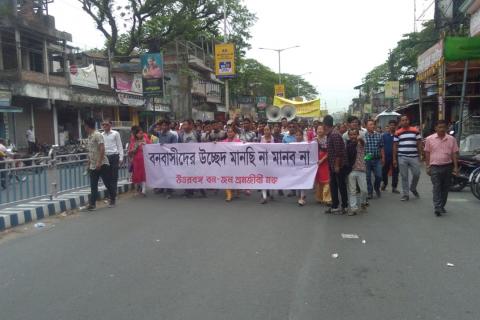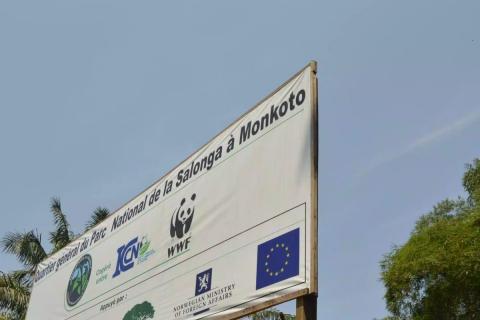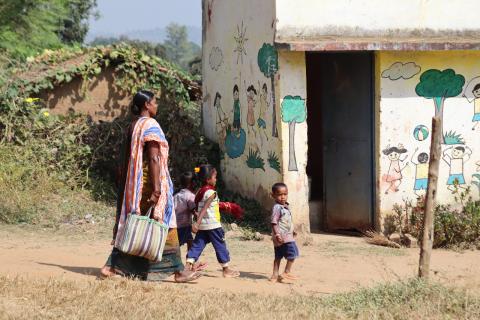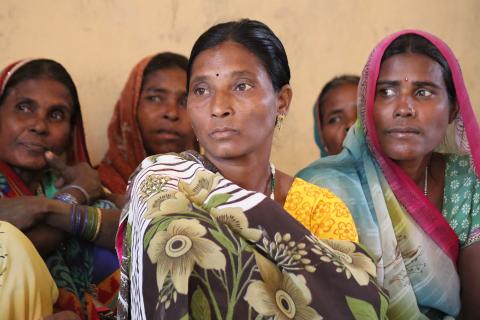The fight against the Belo Monte Hydroelectric Dam is still alive; but peoples of the territory have to deal with the denial of their basic rights, the increase in violence in the city and countryside.
Bulletin articles
While the destruction of forest territories continues, more pledges, agreements and programs are being implemented in the name of ‘addressing deforestation and climate change’.
Blue Carbon (or Blue REDD+) appeared as a new carbon offset scheme between emissions and carbon absorption in coastal territories. However, organizations in Indonesia warn that the initiative is a strategy to change the coastal and marine territories into tradable assets .
BIOFUND, a conservation fund to finance protected areas in Mozambique—with support from the World Bank, international cooperation and conservation NGOs—intends to use biodiversity offsets to obtain resources and speculate in financial markets.
Millions of hectares of mostly forested areas in Malaysia have been targeted for developing monoculture plantations –including expanding timber plantations-, however, many of these have not been fully developed yet.
Despite the government of Brazil announcing cutbacks to action against deforestation, the Green Climate Fund awarded US$ 96 million for alleged emission reductions in the Brazilian Amazon. These avoided emissions in part exist only on paper.
A long cycle of state repression in India now sees new amendments to the colonial Indian Forest Act which would not only make forest bureaucracy more powerful than ever, but would also de facto put an end to the landmark Forest Rights Act.
The expansion of oil palm and logging in Wimbí is a fact. And in both cases, the protagonist is the same: the land trafficker who allowed the palm company, Energy & Palma, to enter. This new cycle of dispossession threatens the culture and survival of the community.
Serious abuses in DRC’s Salonga National Park at the hands of park rangers supported by funding from the WWF and a range of international donors are just the latest to be documented. This is a wider problem on human rights abuses and colonial interventions in forests.
Before, conservation organizations were focused on raising money to create protected areas in forests supposedly threatened with destruction; today, they constitute a bona fide transnational “industry” that manages and controls areas that go far beyond forests.
Conservationist NGOs are increasingly making partnerships with companies that, in fact, are the main drivers of environmental and social disasters. Even worse, they portray their corporate partners as the willing participants of the “solutions”. But, which solutions are they seeking? And solutions for whom?
Despite the harassment from Forest Department guards, who tried to prevent the Fulwaripara village to submit their claims for recognition of their land under the Forest Rights Act, the village managed to do so. Yet, their claim was not completed. Now, they face again the threat of eviction.
